Doc's Blog!
Your Animal May Save Your Life Someday. Can You Save Theirs? Herbal Interventions for Animals
My sweet wife loves remodeling and fixin’ up old houses. It’s all I can do to keep her away from crowbars and paint cans. So, we’ve been watching a TV series about folks that are restoring old houses in Ireland. One of the interesting things I’ve noticed is that almost without exception, the barns on those old properties are much better built than the houses.
And why did they put better resources into the barn than into their house?
Because if the critters in the barn died, it might lead to serious hardship and even starvation for the whole family. Because of their dependency on their animals for food, clothing and work, caring for those animals and protecting their health and productivity was a vital priority.
In these modern times, our dependence on animals for survival is much diminished. We don’t need a guard dog because we have an alarm system. We don’t need a horse because we have a car. We don’t need a sheep dog because we don’t have any sheep. We don’t need a goat or a cow because we have a nice dairy section in our grocery store.
But what if things changed?
Folks always talk about the challenging times ahead, the coming apocalypse, the poo hitting the fan. What if that actually happens? What if our society, with all its electronic bells, whistles and WIFI wonderments crashes and we return to a more subsistence-based existence? What if we return to a real dependency on the health, well-being and productivity of our dog, horses, and goat?
Do you know how to treat a goat that isn’t producing enough milk for its kid…or yours? Do You know how to treat a dog that is bitten by a rattlesnake? Do you know how to treat your horse for colic? The fact is that in a hardscrabble life, not knowing these things could have a significant impact not only on your critters, but on your family.
Unlike most herbalists, my herbal journey started with veterinary herbalism.
As a full-time veterinarian in a rural practice, I have spent the past 30 years healing all kinds of animals. Much of that healing has been done with plants that grew on my own property. In fact, many of the formulas offered here at HomeGrown Herbalist were derived from veterinary cases and formulas I’ve used in my practice over the years.
So, in case you missed my last article, I’ve launched a new site with formulas just for animals, HerbPet.com. But that’s not all. I’m also writing new lessons for The HomeGrown Herbalist School of Botanical Medicine that are exclusively focused on animal health issues and how to solve them with herbs. In the school we’ve always touched on animal topics when we talked about human issues. But some of those animal issues are vastly different than human conditions and need more detailed attention. I’ll probably finally get around to writing a book on veterinary herbalism this year as well… I’ve been meaning to for years and I think it’s about time that the old herb vet wrote a book on the subject.
This weekend I’ll be doing free YouTube Webinar on herbal interventions for critters. I invite you to come along and join us. You’ll get a taste of what can be done and how to do it. I think it will be fun (the guy who’s doing it cracks me up) and well worth your time. Heck, knowing how to help your dog may save your life someday. Hope to see you there. :0)
Doc Jones



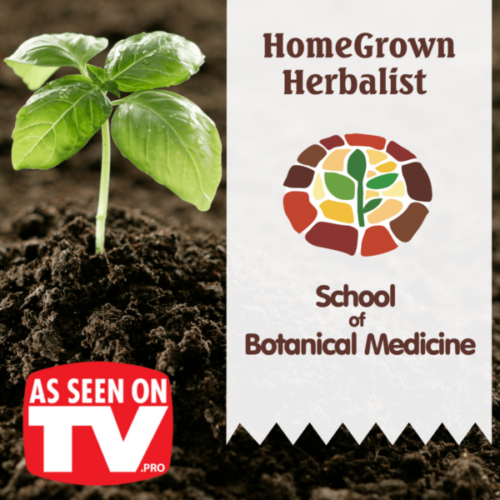
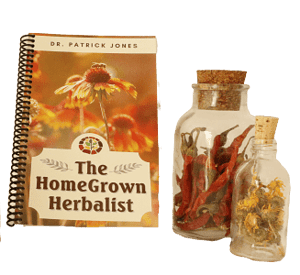

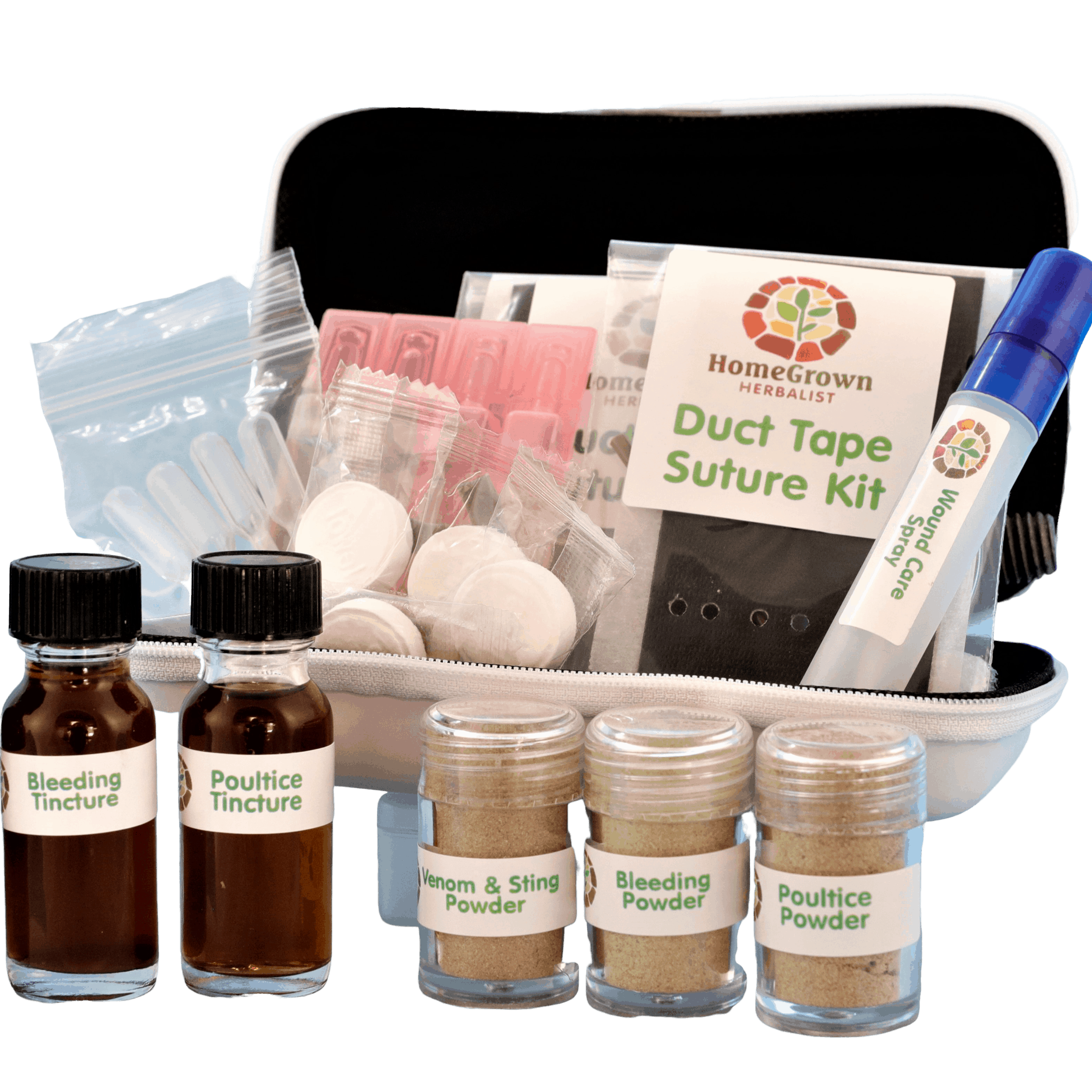
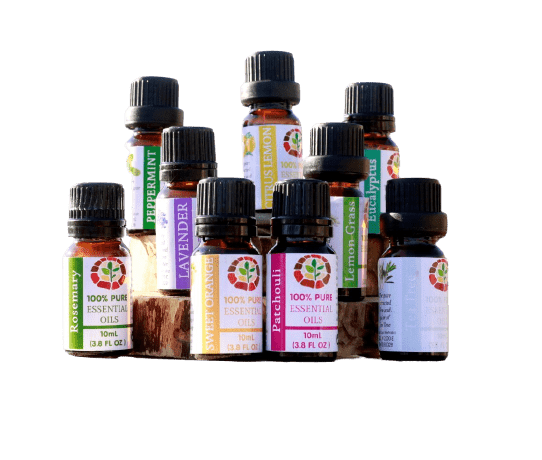
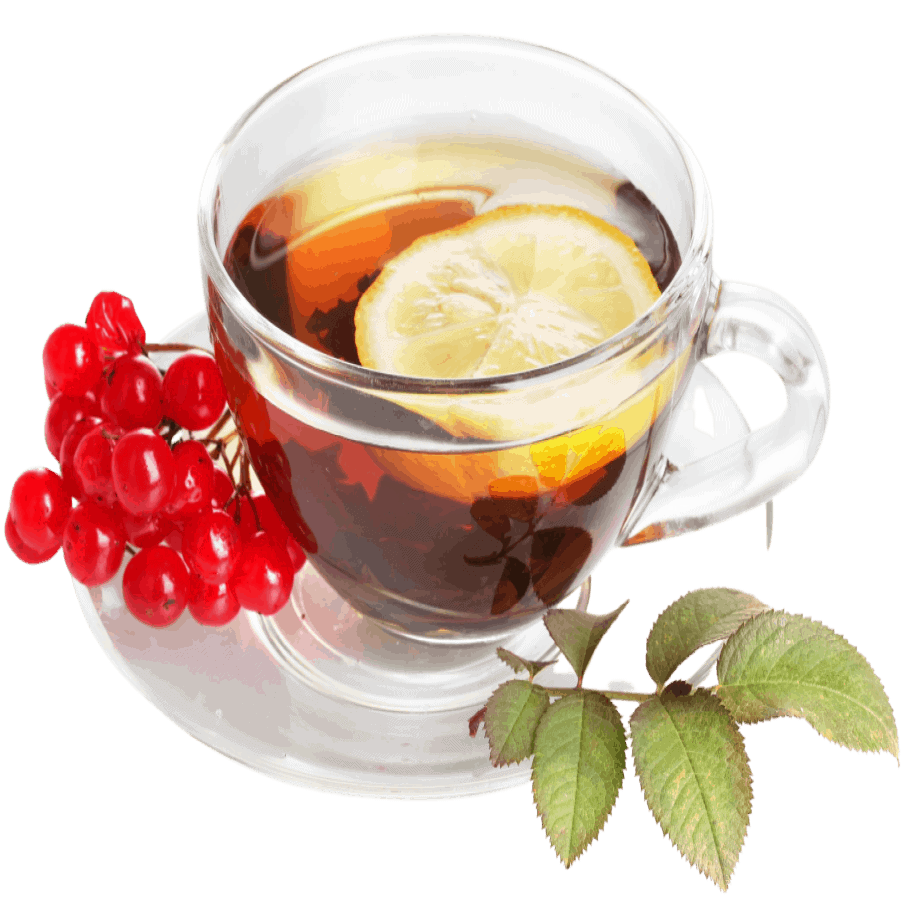
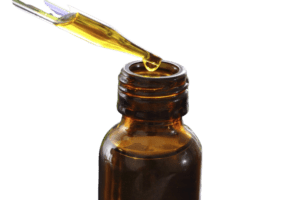
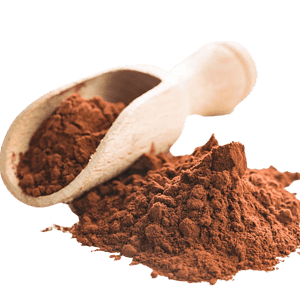
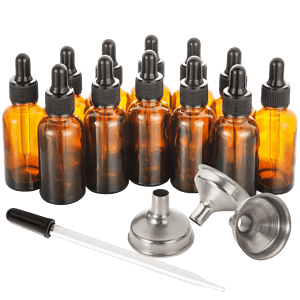
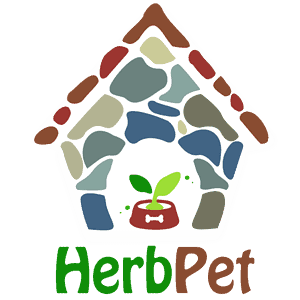
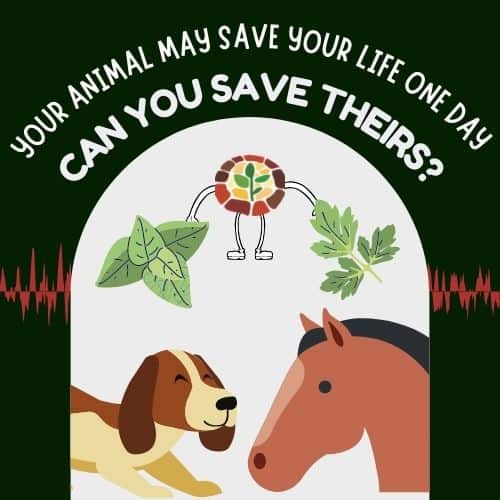

With news of the bird flu in Iowa, (March 2022) and farmers needing to kill their chickens by the thousands out there, what can be done herbally for chickens?
Yes I have been wondering the same thing regarding chickens!
Yup. Herbal medicines work fine on chickens. And of course, if they don’t work, there are other herbs that can make the dead chicken tasted really good. :0)
Good question Kristen.
So I guess I need to do a webinar on chickens and herbs. I’ll call it “Herbs For Chickens…Beyond Shake n’ Bake”. :0)
Years ago, when I practiced in Minnesota, I had several chicken and turkey producers (and a couple of parrot breeders) that I consulted for. When I practiced in Tillamook Oregon, I did a lot of wildlife rehab with hawks, ducks, pelicans, etc… Add to that a lot of chickens, ducks and turkeys that have lived at my place over the years and I have a good background for what the little feathered fellows are facing and how to help them.
Chickens respond well to herbs in my experience. indigenous people all over the world use plants to manage poultry diseases. Chickens and goats both think herbs are candy so compliance is never an issue. :0)
I agree that herbs to protect our avian flocks would be in order. What is effective to prevent or treat? And if there isn’t anything proven, what can we do to try to mitigate the situation? I believe the latest count in the US that I saw was 12.5 MILLION chickens have been gassed. The “poo” is now more literal in this sense. Chickens, goats, dogs, cats, dairy /beef cattle, and pigs – how can we mitigate disease for them? And what herbs can they all have open access to without making them sick (we house our goats, rabbits (in tractors), and egg laying chickens together – it prevents other birds from coming into the large fenced in area we have them in). If a chicken gets avian flu and I have taken an egg for incubation, will the chick have it as well? Mushy chick treatments/prevention please. Allergies for all animals that experience them (we have a dog and a goat who suffer). Lung issues for goats please. Help/support for birthing animals (for example raspberry or is it blackberry leaves for rabbits to ease labor – equivalent for goats and cattle and pigs) and common ailments after giving birth like milk fever. Skin and common internal Infections for all. Hoof treatments. How to keep warm or cool without power if there is some herbal secret that is not common sense. And finally, (put on your tinfoil hat for this one) nuclear preparedness and/or treatment for our animals. Lugol’s 2%, KI, etc. while I hope we never need it and it is unlikely it would happen, it could happen. And God gave us dominion over the animals – we must be responsible to be able to protect them from harm as well. We have thick limestone and cement houses that are partially underground as the terrain is quite steep here.
Hi Jennie,
Herbal medicine in animals is very similar to herbal medicine for humans. There are a few things one needs to be careful with for some of the critters but by and large if it works in humans, it’ll work in your dog, chicken or goat. There are of course some health issues that animals get that humans don’t and vice versa but if you understand the basic mechanics of anatomy and physiology and understand how the herbs interact with the body and with bugs you can extrapolate solutions for all kinds of problems.
That’s really the focus of the HomeGrown Herbalist School…not just to fill a student’s head with facts and formulas; but to give them informational tools they’ll need and to nurture and feed the capacity to think creatively and solve a problem they’ve never thought about.
We have always touched on animal questions and issues in the regular modules but I’m currently writing some new animal-specific modules so we can dig even deeper into some of the animal-specific pathologies. You should join us. I think you’d enjoy it. :0)
https://homegrownherbalist.net/about-the-school/
Is there an herbal wash for irritated skin on dogs?
What herbs would be good to draw out infection in a wound?
What is good for irritated eyes from pink eye or from forest fires?
What herbs can be ised on sheep if they were cut during sheering?
Those are all easy-peasy with herbs Ruth. I’ll be sure to cover them in the webinar. :0)
I’d love to join you in your webinar, but I don’t want to give my info to Google or YouTube.
There are a couple of solutions. You could create a separate email that you never use and subscribe to the Youtube channel with that. Or you could anonymously watch the replay on YouTube in a few days when it gets posted.
The best solution of all of course would be to enroll in the HomeGrown Herbalist School. Then you’ll have access to everything herbal I ever do on a private site.
https://homegrownherbalist.net/about-the-school/
Will gladly listen to your seminar on herbs and pets. Dug up some “Red Hot Pokers” to transplant last week and noticed that their roots are yellow, would they be related to Barberry or Oregon grape and have good herbal qualities?
Nope. No relation at all to the berberine herbs like Barberry et al.. They do use them in tribal Africa for some kind of magic thing. So I guess if you wanted to pull a rabbit out of a hat you could jab it with a red hot poker…but that doesn’t seem as nice as the way we do it in America which is just to grab the rabbit’s ears and pull him out of the hat…I don’t really know much about other magic things.
There are some medicinal properties too but there is almost no information out there. I’d stick with more local stuff that is better understood and documented.
I’m so excited for this. I am a student in the Home grown herbalist school and have a farm. I have taken my family’s health into my own hand long ago and have great confidence in healing them with herbs, but as for my animals I still call the vet when things are a little off. But in the last month my cow got very sick and the vet told me we will just have to wait and see if she makes it till morning. That wasn’t a good enough answer for me so I stepped in with my herbs and home remedies and saved her. She would not of made it with the wait and see method. I feel as though God gave me this opportunity to gain the confidence I need in taking complete charge of my animals health as well. Thanks for being part of my herbal journey.
Jill I’m so happy that you were able to help your cow. That’s what the HomeGrown Herbalist School is all about…giving folks the tools they need to bless their families and critters with the amazing green resources God has given us. :0)
Wild birds are wild for elderberries, which are anti viral. Would elderberries make a good addition to chicken feed to keep chickens healthy? Deer are crazy for elderberry leaves and stems and will graze them heavily. Fortunately, here in Pennsylvania, the birds plant lots of elderberry bushes with out even trying. They do best in sticker patches.
I’ve used elderberries on a number of different critters including chickens.